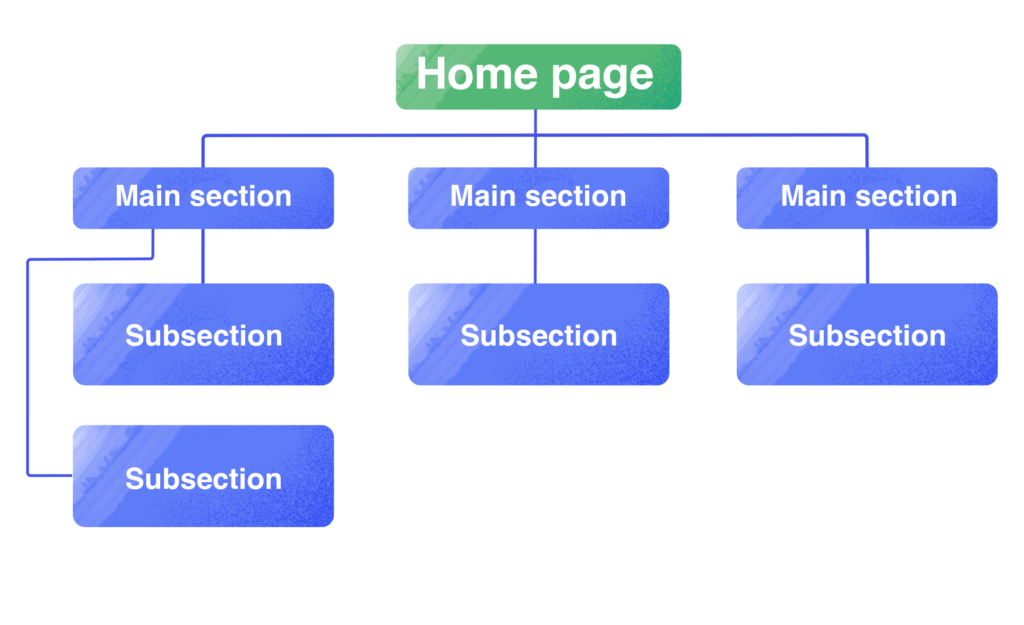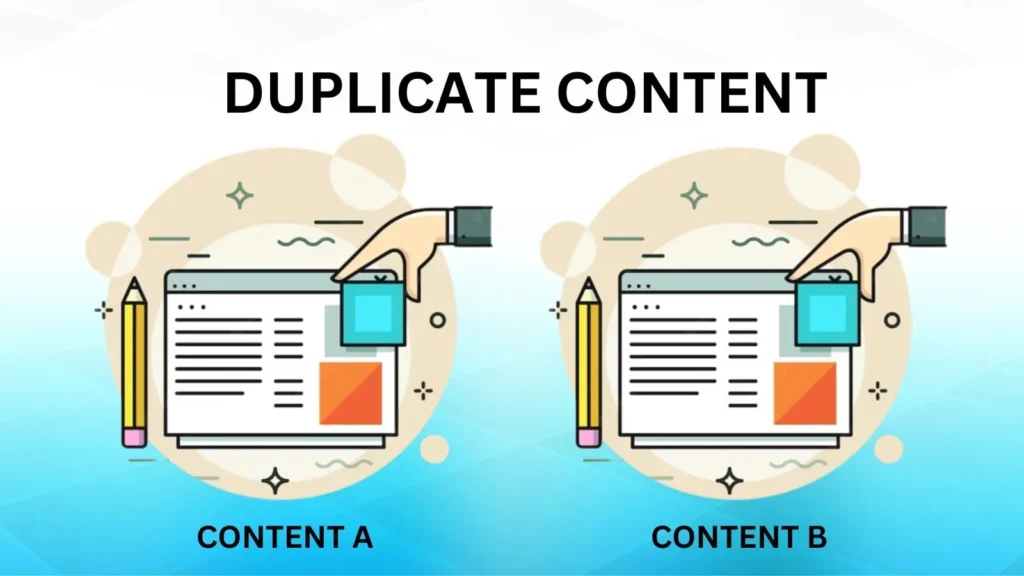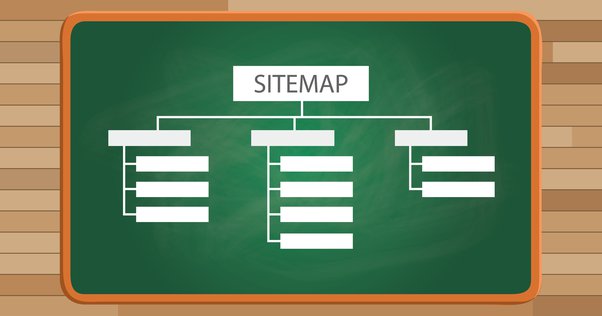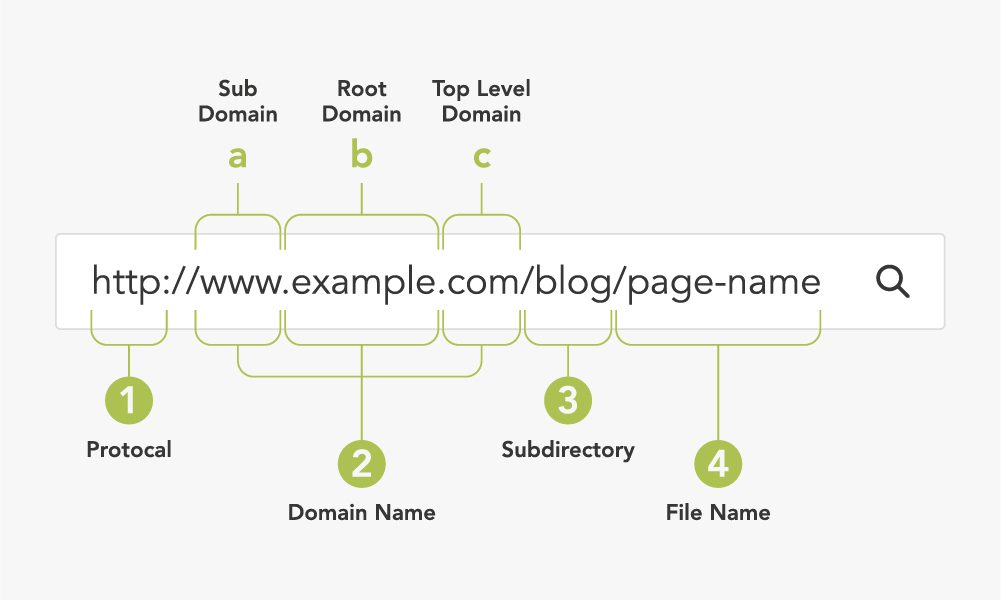
In this blog we will share with you some reasons why your website is not able to rank on google and how you can fix them. we’ve listed the most common reasons of Why your website is not ranking on google, as well as ways to fix your SEO. And give your website the content, on-page optimization and links it needs to beat the competition and become a high ranking success.
There could be several reasons why your website is struggling to climb the search engine rankings. Perhaps your on-page optimization is lacking, with irrelevant or thin content, improper use of target keywords, or missing meta tags and header tags. Technical issues like slow loading speeds, poor mobile responsiveness, or crawling problems could also be holding you back.
Additionally, a lack of high-quality backlinks from authoritative websites can make it difficult for your site to establish credibility and rank competitively. In some cases, recent algorithm updates or penalties for engaging in black-hat SEO practices might be the culprit. Ultimately, achieving top rankings requires a multifaceted approach, including creating valuable content. By optimizing for user experience, and building a strong backlink profile over time.

If your website is newly launched, it may struggle to achieve high rankings. This can take time to rank your website. This can be why, if your site is 1-90 days old, it might take time to get them on Google’s ranking.
Search engines like Google take time to crawl, index, and assess the quality and relevance of a new website. Well, it takes about 3 to 6 months, and you need to focus on technical SEO and on-page SEO. And insert the keywords into your website content to ensure Google finds and indexes your site.
Established websites with a long history and a solid backlink profile tend to have an advantage, as search engines view them as more authoritative and trustworthy. This doesn’t mean that new websites can’t eventually rank well. But it does highlight the importance of patience and consistently producing high-quality content. while building authority and acquiring high-quality backlinks over time.

When we talk about ranking on Google SERP, website structure plays a crucial role. Website navigation helps Google crawlers crawl websites from link to link. Therefore, you need to check your website structure manually or using site structure tools like ahrefs. The way your website is structured and organized can have a significant bearing on how well it ranks on Google.
A clear, logical site architecture with a well-planned hierarchy of pages and categories. That makes it easier for search engines to crawl, understand, and index your content effectively. Conversely, a disorganized or overly complex website structure can lead to crawling issues, duplicate content problems, and dilution of page authority. All of which can negatively impact rankings.
Additionally, ensuring that individual pages are focused on specific topics and optimized with relevant keywords in titles, headings, and content. It can help reinforce topic relevance and signal quality to search engines..

Google has been prioritizing mobile-friendly websites in its ranking algorithms. And recognizing the growing trend of users accessing the internet via smartphones and tablets. A website that fails to provide a seamless, user-friendly experience on smaller screens is likely to suffer in search visibility.
Poor mobile responsiveness can lead to issues like tiny text, improperly scaled images, and navigational nightmares – frustrating mobile users and driving them away. Check if your website is mobile responsive or not. And Using a mobile-friendly test tool or by testing it manually.
Google prioritizes mobile-first indexing, and if your site is not mobile responsive, it may negatively impact your search rankings. And prevent your website from being indexed by Google. This negative user experience signals low quality to Google, potentially leading to lower rankings and lesser organic traffic.

If you copied or pasted someone’s content then search engines doesn’t recognize your website and you can get lesser chance to rank your website on google. Duplicate content issues can arise from URL canonicalization problems, republishing content from other sources without proper attribution. And by unintentional duplicates through session IDs or printer-friendly versions.
So, if you want to avoid this pitfall, it’s crucial to implement measures like specifying canonical URLs, using 301 redirects judiciously. By leveraging content management practices, and monitoring for accidental duplicates.

If you put Irrelevant keyword in your site pages then it can lead to lower your chance to rank your website on google. If the keywords you’re targeting on your website are irrelevant or only tangentially related to your actual content and offerings. It can seriously undermine your ability to rank well. Search engines are increasingly adept at recognizing instances of keyword stuffing or shoehorning unrelated terms. By viewing such practices as attempts to manipulate rankings unfairly.
When your website’s content fails to deliver on the promise of the keywords you’re targeting. It creates a poor user experience – visitors quickly bounce, signaling low quality and relevance to search algorithms. To avoid this issue, conduct thorough keyword research to identify terms that genuinely align with your business, products, or services. So that you can get the chance to rank your website on google.

Keyword stuffing can be the reason why your website is not ranking on google. If you are overdoing it through a practice then it is known as “keyword stuffing” can actually do more harm than good for your website’s rankings. Keyword stuffing refers to the excessive, unnatural repetition of keywords throughout website content in an attempt to manipulate search engine rankings. So, the search algorithms are can easily detect this type of keyword spam.
When they encounter content that is blatantly crammed with an excessive number of keywords, often at the expense of readability and quality, search engines tend to penalize such pages. Keyword stuffing creates a poor user experience and signals a desperate, inorganic attempt to game the system. Instead of resorting to such tactics. It focus on creating high-quality, engaging content that incorporates keywords naturally and strategically.

Meta tags, such as title, description, and robots meta, all are important and they act as ranking factors on Google. So, it is crucial to check your meta tags using AI tools and manually. Poorly crafted or generic titles and descriptions fail to entice users and may cause your pages to be overlooked in favor of more compelling, keyword-rich listings from competitors.
Similarly, missing meta tags for images, videos, and other multimedia elements can prevent these assets from being properly indexed and surfaced in search results. You can improve your website’s search visibility, enhance user experience, and ultimately boost your chances of achieving higher rankings in search engine results pages.

Sitemaps are files that contain URLs of a website, which includes images, videos, and PDFs. These files serve as addresses for your website, aiding Google crawlers in effectively crawling your site. Sitemap meta tags inform search engines about the location of your sitemap files, ensuring they can be easily found and utilized during the crawling process.
Neglecting to implement and submit a sitemap, or failing to include the necessary sitemap meta tags. It can result in search engines failing to fully understand the breadth and depth of your website’s content offerings. By taking the simple step of creating and properly integrating a sitemap and its corresponding meta tags. You can facilitate more comprehensive crawling and indexing, ultimately improving your website’s visibility and potential for higher rankings across search engines.
Internal linking is an often underrated but crucial component of an effective SEO strategy. The way pages are interconnected and linked within your website provides critical navigational cues to search engines and users alike. Poor internal linking practices, such as link structures, excessive link levels, and a lack of hierarchical flow. It can make it challenging for search engine crawlers to effectively discover, understand, and prioritize your content.
When your site is new and lacks linkable content, it becomes challenging to acquire external links. Internal linking helps in understanding the content of your site, and personally, I strongly believe in its effectiveness. By implementing strategic internal linking practices, using descriptive anchor text, and ensuring a logical site architecture. You can enhance the discoverability and prioritization of your most valuable pages, ultimately boosting their rankings and overall search engine visibility.

A domain that clearly and concisely conveys the core topic or subject matter of your site can serve as a powerful relevance signal to search algorithms. Conversely, a domain name that is ambiguous, overly broad, or disconnected from your website’s content. It can make it more challenging for search engines to accurately understand and rank your pages for relevant queries.
For instance, domains like ‘Digitalmarketers.com’ or ‘HowTo.com’ clearly indicate a specific topic or query. I don’t mean to imply that such domains won’t rank on Google, but it may take some time and significant effort to achieve desired results. When users conduct searches, they’re more likely to click on results with domain names that appear to align with the information they’re seeking.

If a user visits your website, but after 10 seconds of waiting for the website to load, they decided to close it. This creates a poor user experience, it is now a factor in ranking websites on google. Search engines like Google are laser-focused on delivering the most relevant and satisfying results to users.
If your website falls short in terms of usability, navigation, loading speed, or overall engagement. It sends a strong signal to search algorithms that your content is not meeting user expectations. High bounce rates, low dwell times, and poor engagement metrics can all contribute to lower rankings, as search engines interpret these as indicators of a user.
Achieving high rankings on Google is a multifaceted endeavor that requires a holistic approach to search engine optimization. From technical issues like site structure and mobile responsiveness to content-related factors like keyword relevance and user experience. There are numerous potential roadblocks that can impede a website’s ability to rank competitively. By conducting thorough audits, addressing underlying problems, and consistently implementing SEO best practices. Website owners can gradually improve their search visibility and earn higher rankings over time.
You can improve your website’s ranking on the SERPs by addressing common pitfalls like poor content quality, inadequate backlinks, and slow-loading pages. However, it’s crucial to remember that SEO is an ongoing process, not a one-time fix. As search algorithms and user behaviors evolve, websites must remain vigilant, adapting their strategies to align with the latest trends and ranking factors.

Talk to our experts who can guide you from choosing the right course, which will help to become successful in your Career.
Join our ONE free Class Now and Decide Yourself.

Unit of Global EduCareer Solutions.
B – 1/628, 2nd Floor, JanakPuri
Delhi – 110058
Opp. Metro Pillar No. 570
All Rights Reserved to GICT Since 2008

Unit of Global EduCareer Solutions.
B – 1/628, 2nd Floor, JanakPuri
Delhi – 110058
Opp. Metro Pillar No. 570
All Rights Reserved to GICT Since 2008